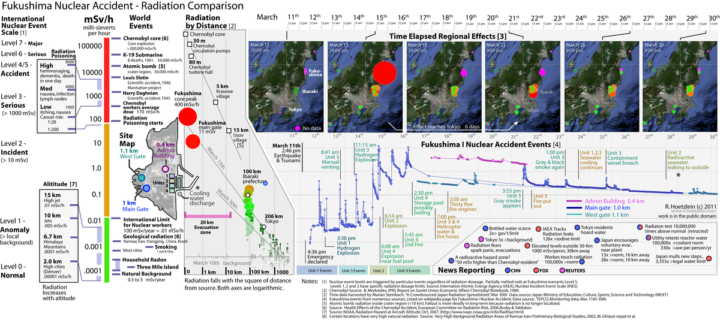Hinkley Point C nuclear power station has been on the cards for more than 15 years to be built in Somerset, England by French state run EDF with the addition of Chinese capital. The cost has been spiralling up and it stands now at around £29.7 billion. EDF has negotiated a guaranteed fixed price for electricity from Hinkley Point C of £92.50/MWh (in 2012 prices), although it is estimated that UK’s electricity cost around £45/MWh making it the most expensive new nuclear facilities to be built and run.
A 2014 Agora Energiewende study found that new wind and solar generation is up to 50% cheaper than new nuclear and “UK government’s own projections expect onshore wind power and large-scale solar to cost less per megawatt hour than new nuclear by 2025. Theresa May’s government last month made a surprise decision to delay a deal on Hinkley, prompting a renewed look at what alternatives could power Britain if ministers this autumn fail to back new reactors in Somerset. An unpublished report by the energy department shows that it expects onshore wind power and large-scale solar to cost around £50-75 per megawatt hour of power generated in 2025. New nuclear is anticipated to be around £85-125/MWh, in line with the guaranteed price of £92.50/MWh that the government has offered Hinkley’s developer, EDF.” The Guardian.
In the light of the Fukushima nuclear disaster, the problem of Nuclear Power Stations as terrorist targets (as findings in Belgium may suggest), the still unresolved problem of nuclear waste and the UK’s nervousness about having a People’s Republic of China’s Company with military links as a partner, apart from committing the British population to a permanent and rigid arrangement that is both bad value in terms of price and risk, it is important not just to delay but to scrap altogether this ludicrous project. The only “justifications” the British Government could find to go ahead with it would be the contracts already half-signed with some high profile supporters of the Tory Government and the link to Nuclear Weapons (as complex and tenuous as it might be).
Furthermore a new study published in Science Daily: “Pro-nuclear countries making slower progress on climate targets” warns that “A strong national commitment to nuclear energy goes hand in hand with weak performance on climate change targets, researchers at the University of Sussex and the Vienna School of International Studies have found.” “ A new study of European countries, published in the journal Climate Policy, shows that the most progress towards reducing carbon emissions and increasing renewable energy sources — as set out in the EU’s 2020 Strategy — has been made by nations without nuclear energy or with plans to reduce it.” “Conversely, pro-nuclear countries have been slower to implement wind, solar and hydropower technologies and to tackle emissions.”
“Professor Andy Stirling, Professor of Science and Technology Policy at the University of Sussex, said: “Looked at on its own, nuclear power is sometimes noisily propounded as an attractive response to climate change. Yet if alternative options are rigorously compared, questions are raised about cost-effectiveness, timeliness, safety and security.”
See the Graph above here.










